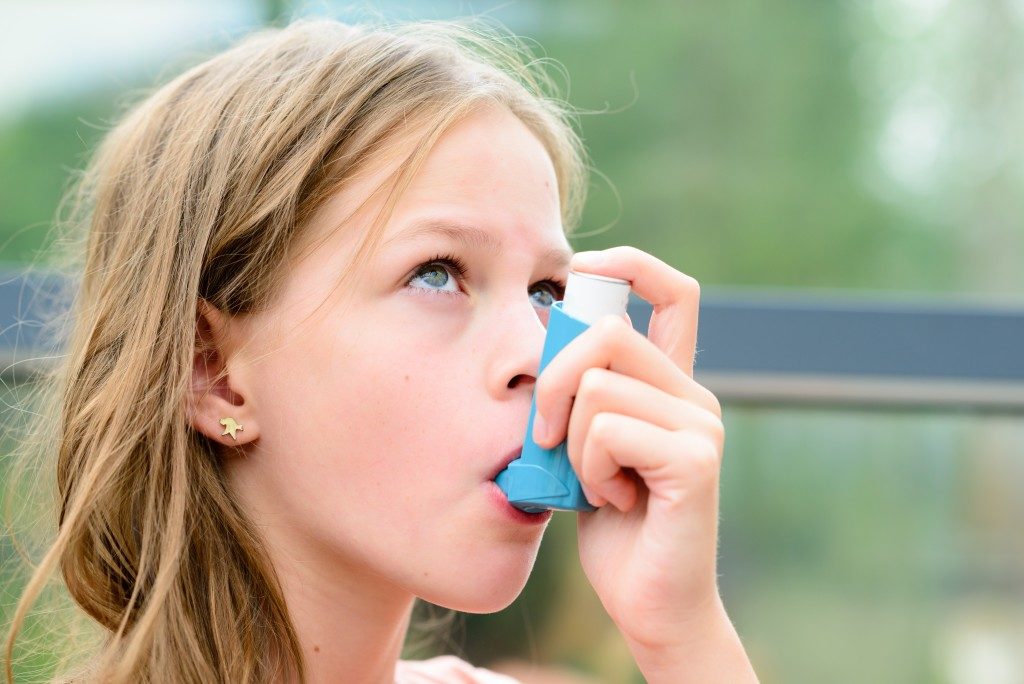As a parent of a child with asthma or allergies, you can’t help but worry about leaving your kids in school. Even with the knowledge that they’ll be left in the care of teachers and staff, you fear that your child may experience an asthma attack or an allergic reaction when you’re not around.
The best way to address this is to be prepared for any emergency. Here’s a guide on how you can manage your child’s asthma or allergy while their away from home.
Have an emergency kit
Keep your kid safe in school by having an emergency kit. Include everything your child needs in relation to his medical condition. When preparing an emergency kit, consider packing the more convenient options, like an EpiMist for an asthma inhaler and epinephrine auto-injectors. It’s important that the relievers and medicine you provide are easy to use so that the school staff will be able to administer them quickly to your child.Communicate with the school
 Coordinate with the school and its staff to notify them about your child’s condition. By communicating, you can also get information that can help you manage your kid’s allergies or asthma. Start by asking the principal about their protocols for emergency medical situations. Is there a full-time nurse? How do they maintain a safe environment for students with allergies or asthma? These are questions you need to ask.
Coordinate with the school and its staff to notify them about your child’s condition. By communicating, you can also get information that can help you manage your kid’s allergies or asthma. Start by asking the principal about their protocols for emergency medical situations. Is there a full-time nurse? How do they maintain a safe environment for students with allergies or asthma? These are questions you need to ask.
Talk to the teachers. They’re the ones who’ll be personally keeping an eye on your kid, so they should be well-informed about your child’s condition. Explain how asthma or allergy affects your child. Advise them on what symptoms your kid usually shows during an asthma attack or allergic reaction. Ask them to watch for symptoms that may not be obvious. Also, know if they are trained to administer epinephrine auto-injectors in case of anaphylactic shocks.
For allergic children, coordinate with the school cafeteria. Inform them about the food allergies of your child. Inquire about the meals they usually serve, and if it’s possible to make suggestions and how you can go about doing so.
And establish how the school can reach you fastest in case your child has an attack while in school.
Create an action plan
Teachers have a lot of kids to look after, so they may not remember everything about your child’s needs. Provide them with a food allergy action plan or an asthma action plan that details everything about your kid’s condition. Include a clear description of your child’s obvious and more subtle symptoms and possible triggers. Explain when it’s time to administer epinephrine shots for allergic reactions or when to call a doctor.
Prepare your child
Preparation always starts at home. Teach your child how to recognize symptoms and to approach a teacher or any school official when they arise. Educate them on which food triggers their allergies and should therefore avoid. Encourage them to be cautious by reading food labels, refraining from food-sharing, and washing their hands regularly. For kids with asthma, tell them what activities to skip.
With sufficient preparation, you can keep your child safe while away from home. They can avoid sudden asthma or allergic attacks but still be ready when worse comes to worst.



